It is often said that if someone came up with the idea to host a round of the planet's most famous motor racing championship on the streets of Monte Carlo today, they'd be laughed out of the room.
But back in the late 1920s, it wasn't such a bad idea - and the birth of the Monaco Grand Prix actually has political undertones.
Anthony Noghes - whom the final corner is named after - wanted to upgrade the Automobile Club de Monaco to a full member status of the Association Internationale des Automobiles Clubs Reconnus (AIACR) - think today's FIA.
But this was rejected as Monaco did not host a race fully within the boundaries of the country - with the Monte Carlo Rally not counting and so Noghes elected to simply make a grand prix track.
The climb up Sainte Devote, the flick through Casino Square before the hairpin, blast along the sea-front through the much-smaller tunnel were all features, but the track ended with the Gasworks hairpin after Tabac.
The first race was held on April 14th, 1929 and it was won by British driver William Grover-Williams in a Bugatti T35B, taking a shade over four hours to complete the 100 laps, defeating the great Rudi Caracciola as he did so.
Grover-Williams would eventually retire in the mid-1930s after a respectable career picking up seven grand prix wins - but by the end of the decade, war had broken out.
Semi-retirement in France with his wife Yvonne was all good and well, but as the Nazis marched across Europe in late 1939, early 1940, Grover-Williams returned to London and joined the Royal Army Transport Corps.
Eventually, he joined the Special Operations Executive (SOE) - a branch tasked with espionage, sabotage and information gathering for the Resistance in Nazi-occupied Europe.
However, he was captured by the Gestapo in the summer of 1943 and taken to Paris for interrogation and debriefing but did not give up any secrets and was moved to Berlin early in 1944.
Two months later, he was transferred to the Sachsenhausen concentration camp in eastern Germany and was executed in the spring of 1945, just weeks before the camp was liberated by the Polish 2nd Infantry Division the week before Adolf Hitler committed suicide in his Berlin bunker.
There were claims that Grover-Williams escaped from the camp and was given a new identity by the British government, but these have proved unfounded.
Not only was Grover-Williams a fine grand prix who entered the motorsport history books forever with his win in Monaco on this day in 1929, he was also a war hero who gave his life for King, country and democracy.
Subscribe to our YouTube channel and don't miss a thing of Formula 1
Subscribe to our Youtube channelMost read
In this article
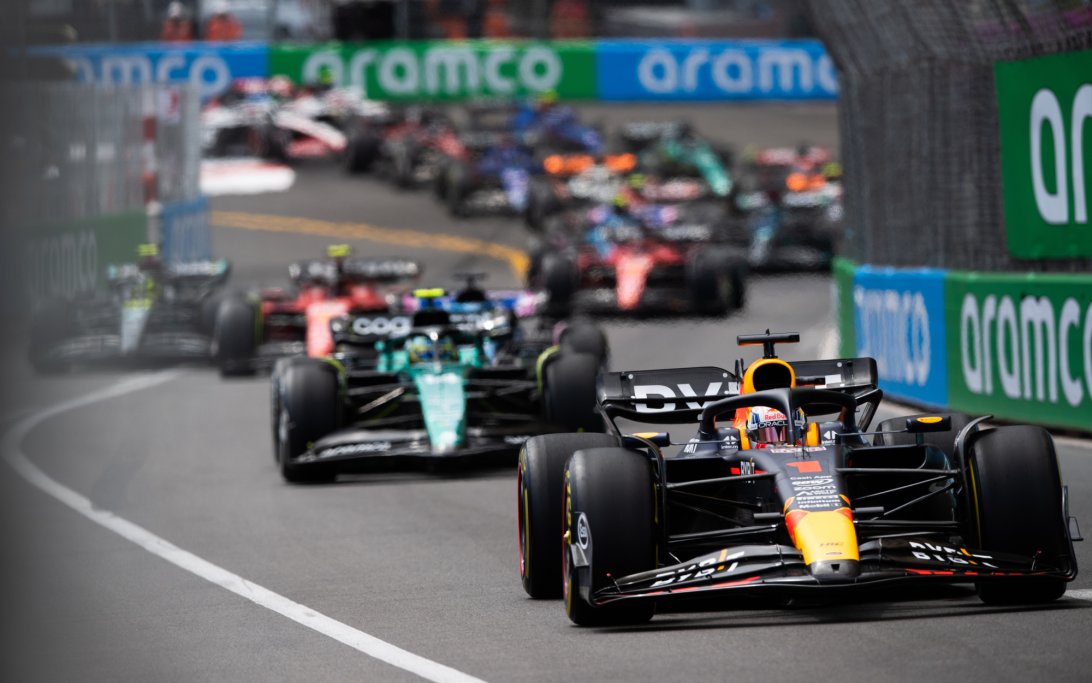


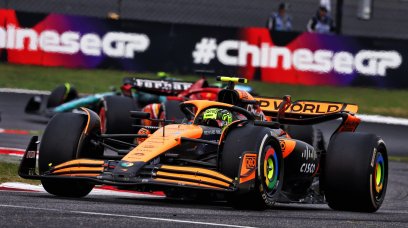
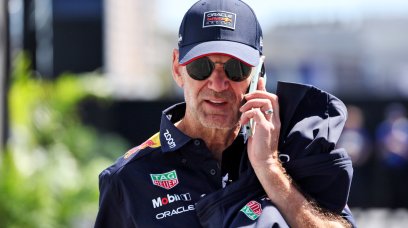
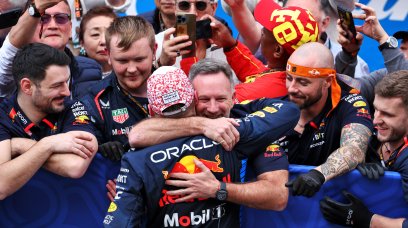

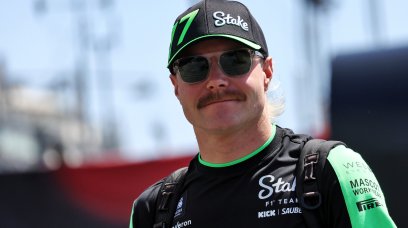
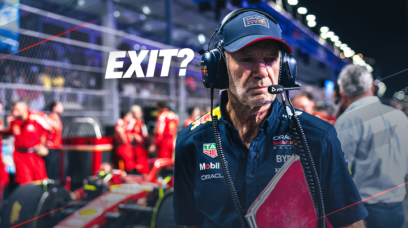














Join the conversation!